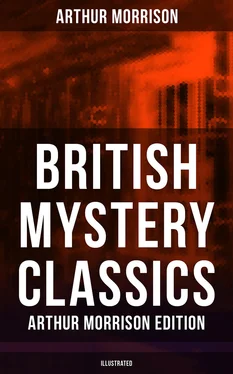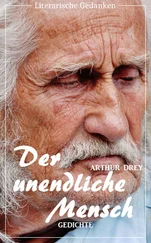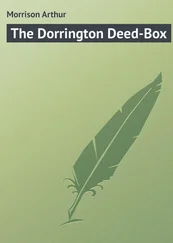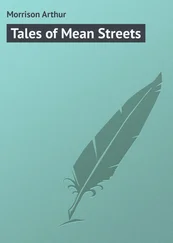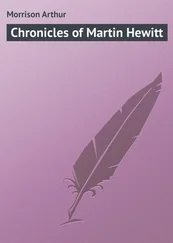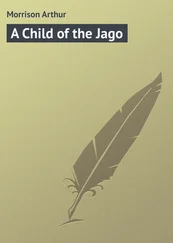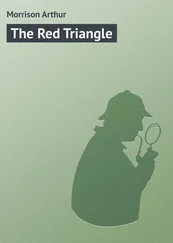“Looking for work?”
“That is my purshuit at prisint, sor.”
“Did anything noticeable happen before these troubles of yours began—anything here in London or on the journey?”
“Sure,” the Irishman smiled, “part av the way I thraveled first-class by favor av the gyard, an’ I got a small job before I lift the train.”
“How was that? Why did you travel first-class part of the way?”
“There was a station where we shtopped afther a long run, an’ I got down to take the cramp out av me joints, an’ take a taste av dhrink. I over-shtayed somehow, an’, whin I got to the train, begob, it was on the move. There was a first-class carr’ge door opin right forninst me, an’ into that the gyard crams me holus-bolus. There was a juce of a foine jintleman sittin’ there, an’ he stares at me umbrageous, but I was not dishcommoded, bein’ onbashful by natur’. We thravelled along a heap av miles more, till we came near London. Afther we had shtopped at a station where they tuk tickets we wint ahead again, an’ prisintly, as we rips through some udther station, up jumps the jintleman opposite, swearin’ hard undher his tongue, an’ looks out at the windy. ‘I thought this train shtopped here,’ sez he.”
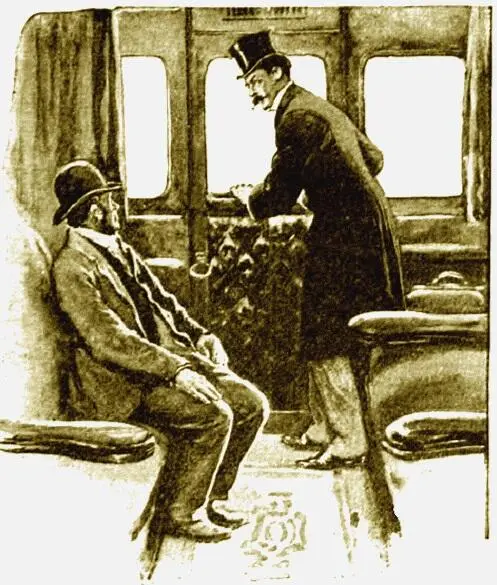
“Chalk Farm,” observed Hewitt, with a nod.
“The name I do not know, sor, but that’s fwhat he said. Then he looks at me onaisy for a little, an’ at last he sez: ‘Wud ye loike a small job, me good man, well paid?’
“‘Faith,’ sez I, ”tis that will suit me well.’
“‘Then, see here,’ sez he, ‘I should have got out at that station, havin’ particular business; havin’ missed, I must sen’ a telegrammer from Euston. Now, here’s a bag,’ sez he, ‘a bag full of imporrtant papers for my solicitor—imporrtant to me, ye ondershtand, not worth the shine av a brass farden to a sowl else—an’ I want ‘em tuk on to him. Take you this bag,’ he sez, ‘an’ go you straight out wid it at Euston an’ get a cab. I shall stay in the station a bit to see to the telegrammer. Dhrive out av the station, across the road outside, an’ wait there five minuts by the clock. Ye ondershtand? Wait five minuts, an, maybe I’ll come an’ join ye. If I don’t ‘twill be bekase I’m detained onexpected, an’ then ye’ll dhrive to my solicitor straight. Here’s his address, if ye can read writin’,’ an’ he put ut on a piece av paper. He gave me half-a-crown for the cab, an’ I tuk his bag.”
“One moment—have you the paper with the address now?”
“I have not, sor. I missed ut afther the blayguards overset me yesterday; but the solicitor’s name was Hollams, an’ a liberal jintleman wid his money he was, too, by that same token.”
“What was his address?”
“‘Twas in Chelsea, and ‘twas Gold or Golden something, which I know by the good token av fwhat he gave me; but the number I misremember.”
Hewitt turned to his directory. “Gold Street is the place, probably,” he said, “and it seems to be a street chiefly of private houses. You would be able to point out the house if you were taken there, I suppose?”
“I should that, sor; indade, I was thinkin’ av goin’ there an’ tellin’ Misther Hollams all my throubles, him havin’ been so kind.”
“Now tell me exactly what instructions the man in the train gave you, and what happened?”
“He sez: ‘You ask for Misther Hollams, an’ see nobody else. Tell him ye’ve brought the sparks from Misther W.’”
I fancied I could see a sudden twinkle in Hewitt’s eye, but he made no other sign, and the Irishman proceeded.
“‘Sparks?’ sez I. ‘Yes, sparks,’ sez he. ‘Misther Hollams will know; ‘tis our jokin’ word for ‘em; sometimes papers is sparks when they set a lawsuit ablaze,’ and he laffed. ‘But be sure ye say the sparks from Misther W. ,’ he sez again, ‘bekase then he’ll know ye’re jinuine an’ he’ll pay ye han’some. Say Misther W. sez you’re to have your reg’lars, if ye like. D’ye mind that?’
“‘Ay,’ sez I, ‘that I’m to have my reg’lars.’
“Well, sor, I tuk the bag and wint out of the station, tuk the cab, an’ did all as he towld me. I waited the foive minuts, but he niver came, so off I druv to Misther Hollams, and he threated me han’some, sor.”
“Yes, but tell me exactly all he did.”
“‘Misther Hollams, sor?’ sez I. ‘Who are ye?’ sez he. ‘Mick Leamy, sor,’ sez I, ‘from Misther W. wid the sparks.’ ‘Oh,’ sez he, ‘thin come in.’ I wint in. ‘They’re in here, are they?’ sez he, takin’ the bag. ‘They are, sor,’ sez I, ‘an’ Misther W. sez I’m to have me reg’lars.’ ‘You shall,’ sez he. ‘What shall we say, now—afinnip?’ ‘Fwhat’s that, sor?’ sez I. ‘Oh,’ sez he, ‘I s’pose ye’re a new hand; five quid—ondershtand that?’”
“Begob, I did ondershtand it, an’ moighty plazed I was to have come to a place where they pay five-pun’ notes for carryin’ bags. So whin he asked me was I new to London an’ shud I kape in the same line av business, I towld him I shud for certin, or any thin’ else payin’ like it. ‘Right,’ sez he; ‘let me know whin ye’ve got any thin’—ye’ll find me all right.’ An’ he winked frindly. ‘Faith, that I know I shall, sor,’ sez I, wid the money safe in me pockut; an’ I winked him back, conjanial. ‘I’ve a smart family about me,’ sez he, ‘an’ I treat ‘em all fair an’ liberal.’ An’, saints, I thought it likely his family ‘ud have all they wanted, seein’ he was so free-handed wid a stranger. Thin he asked me where I was a livin’ in London, and, when I towld him nowhere, he towld me av a room in Musson Street, here by Drury Lane, that was to let, in a house his fam’ly knew very well, an’ I wint straight there an’ tuk ut, an’ there I do be stayin’ still, sor.”
I hadn’t understood at first why Hewitt took so much interest in the Irishman’s narrative, but the latter part of it opened my eyes a little. It seemed likely that Leamy had, in his innocence, been made a conveyer of stolen property. I knew enough of thieves’ slang to know that “sparks” meant diamonds or other jewels; that “regulars” was the term used for a payment made to a brother thief who gave assistance in some small way, such as carrying the booty; and that the “family” was the time-honored expression for a gang of thieves.
“This was all on Wednesday, I understand,” said Hewitt. “Now tell me what happened on Thursday—the poisoning, or drugging, you know?”
“Well, sor, I was walking out, an’ toward the evenin’ I lost mesilf. Up comes a man, seemin’ly a sthranger, and shmacks me on the showldher. ‘Why, Mick!’ sez he; ‘it’s Mick Leamy, I du b’lieve!’
“‘I am that,’ sez I, ‘but you I do not know.’
“‘Not know me?’ sez he. ‘Why, I wint to school wid ye.’ An’ wid that he hauls me off to a bar, blarneyin’ and minowdherin’, an’ orders dhrinks.
“Can ye rache me a poipe-loight?’ sez he, an’ I turned to get ut, but, lookin’ back suddent, there was that onblushin’ thief av the warl’ tippin’ a paperful av phowder stuff into me glass.”
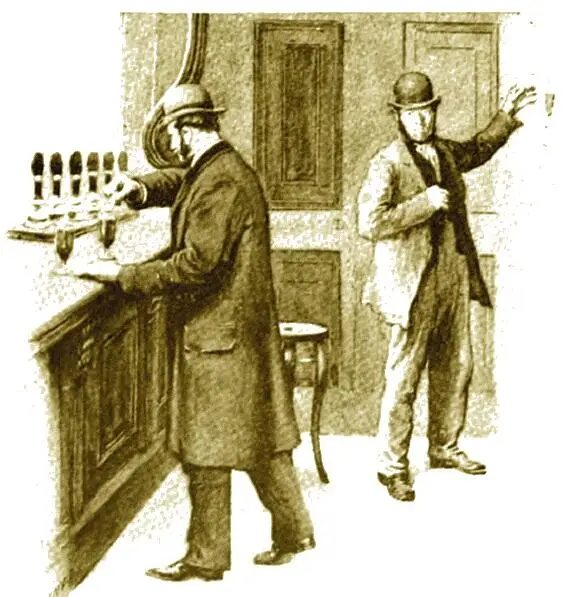
“What did you do?” Hewitt asked.
“I knocked the dhirty face av him, sor, an’ can ye blame me? A mane scutt, thryin’ for to poison a well-manin’ sthranger. I knocked the face av him, an’ got away home.”
Читать дальше
